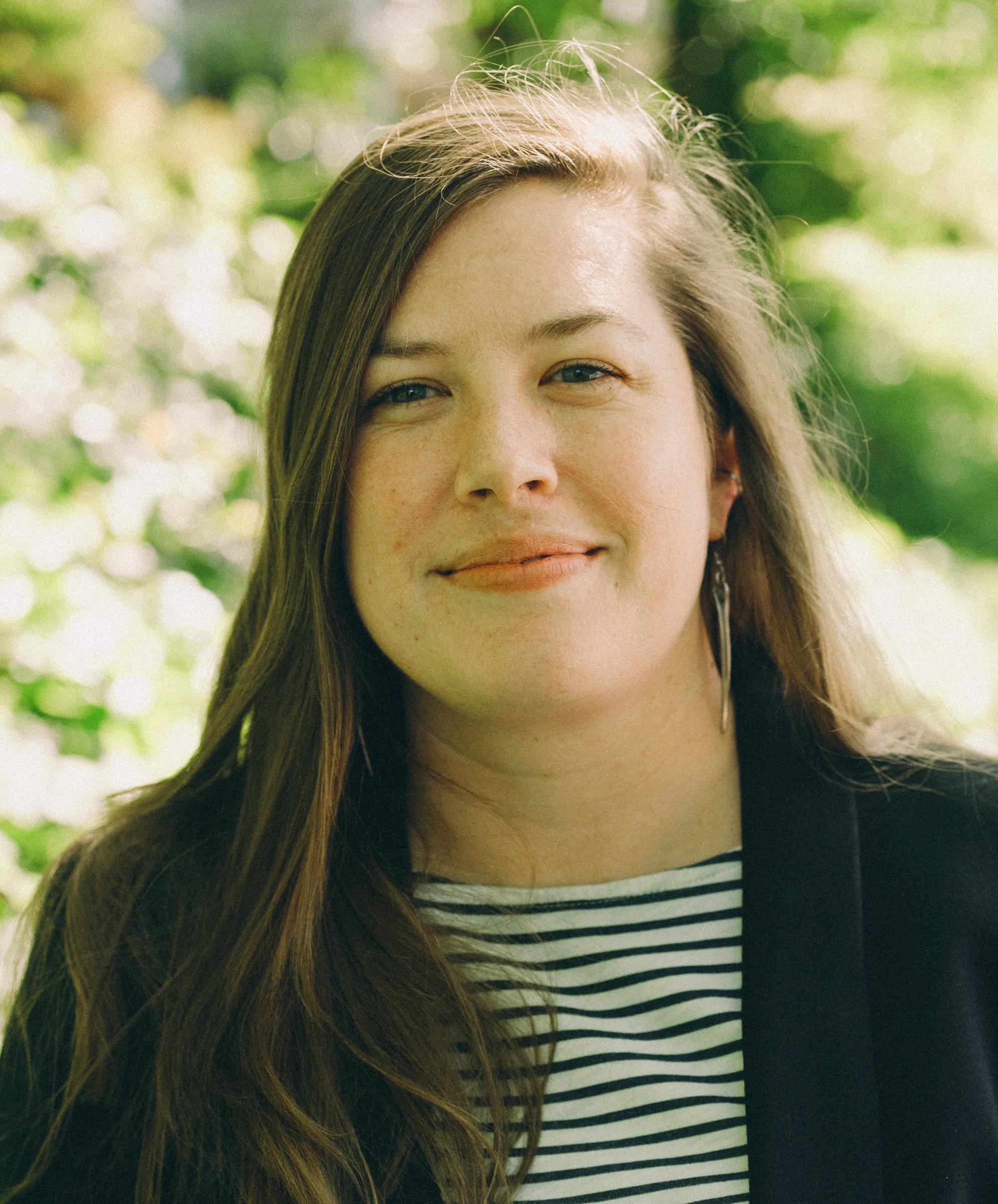
Anna Preus
Assistant Professor of Humanities Data Science
Department of English
College of Arts and Sciences
apreus@uw.edu
Preus Faculty page
What is your Research Focus?
My research considers how historical texts are being transferred online through large-scale text digitization efforts and how these new digital resources can help us tell different kinds of stories about literary history. In particular, I am interested in how anticolonial texts circulated through the imperialist publishing industry in early 20th-century England and in how biases embedded in this historical publishing culture are being reinforced and amplified through 21st-century digital library databases. My current book project, Publishing Empire: Colonial Authorship and British Literary Production, examines the production histories and printed forms of texts by authors from areas colonized by Britain who published in England between 1900 and 1940, tracing the marketing efforts surrounding their works from small, limited editions at the turn of the 20th century to mass-market paperbacks at the beginning of the Second World War. In a related project, I am building a dataset of publishing information for books issued in England during the first three decades of the 20th century by extracting structured textual data from digitized editions of The English Catalogue of Books, a yearly record of published books, issued by the trade journal Publishers’ Circular. While not comprehensive, this dataset will provide a near-complete picture of books published in England each year between 1900 and 1927.
In addition to my work on historical publishing cultures, I am interested in smaller-scale digital re-interpretations of early 20th-century texts, especially modernist poetry. In collaboration with Melanie Micir, I co-edited and designed a digital edition of Hope Mirrlees’s understudied long poem, Paris, which replicates the complex original layout of the text and also includes explanatory notes, contemporary images, and contextual materials. I also recently co-authored a piece with Melanie Walsh (at the UW iSchool) on the social media re-circulation of T.S. Eliot’s poetry, which discusses the over 350,000 references to Eliot’s iconic lines, “This is the way the world ends / Not with a bang but a whimper” on Twitter. We plan to expand this project to include the work of additional authors and to consider more broadly how snippets of poetic texts travel online. My work has been supported by the Andrew W. Mellon Foundation and the American Council of Learned Societies, the Modernist Studies Association, the Simpson Center for the Humanities at the University of Washington, and the Humanities Digital Workshop at Washington University in St. Louis.
What opportunities at the UW excite you?
I appreciate being at an institution where collaboration is encouraged and where there’s infrastructure in place to support it. One of the best parts of my job is that I get to work with people in interdisciplinary programs across campus, like the eScience Institute, the Open Scholarship Commons at UW Libraries, and the Simpson Center for the Humanities. I’m excited that we have a new minor in Textual and Digital Studies, which allows me to teach in a program that explicitly considers how texts are represented through manuscript, print, and digital media. I’m excited about the growth of the data science minor, and especially the new data science courses that are being created in different humanities departments.
In terms of initiatives I’m involved with, last fall we launched a new Humanities Data Lab, which is very exciting. And this summer, with support from the Data Science Minor, we’re also running a new Humanities Data Science Summer Institute, which will bring together undergraduates, graduate students, and faculty members to work on humanistic projects that draw on data science approaches. I’ll be leading one of the projects, and I’m really excited to get to work with a multidisciplinary team. Next year I’ll also be organizing a Crossdisciplinary Research Cluster on AI and Creativity with Melanie Walsh (iSchool), Geoffrey Turnovsky (French & Italian Studies), and Richard Watts (French and Italian Studies), which is funded through the Simpson Center for the Humanities. The research cluster will bring in speakers to discuss how AI models are impacting creative work and how the work of artistic creators is being incorporated into these powerful new technologies. I’m excited about the conversations we’ll be able to have in that space.